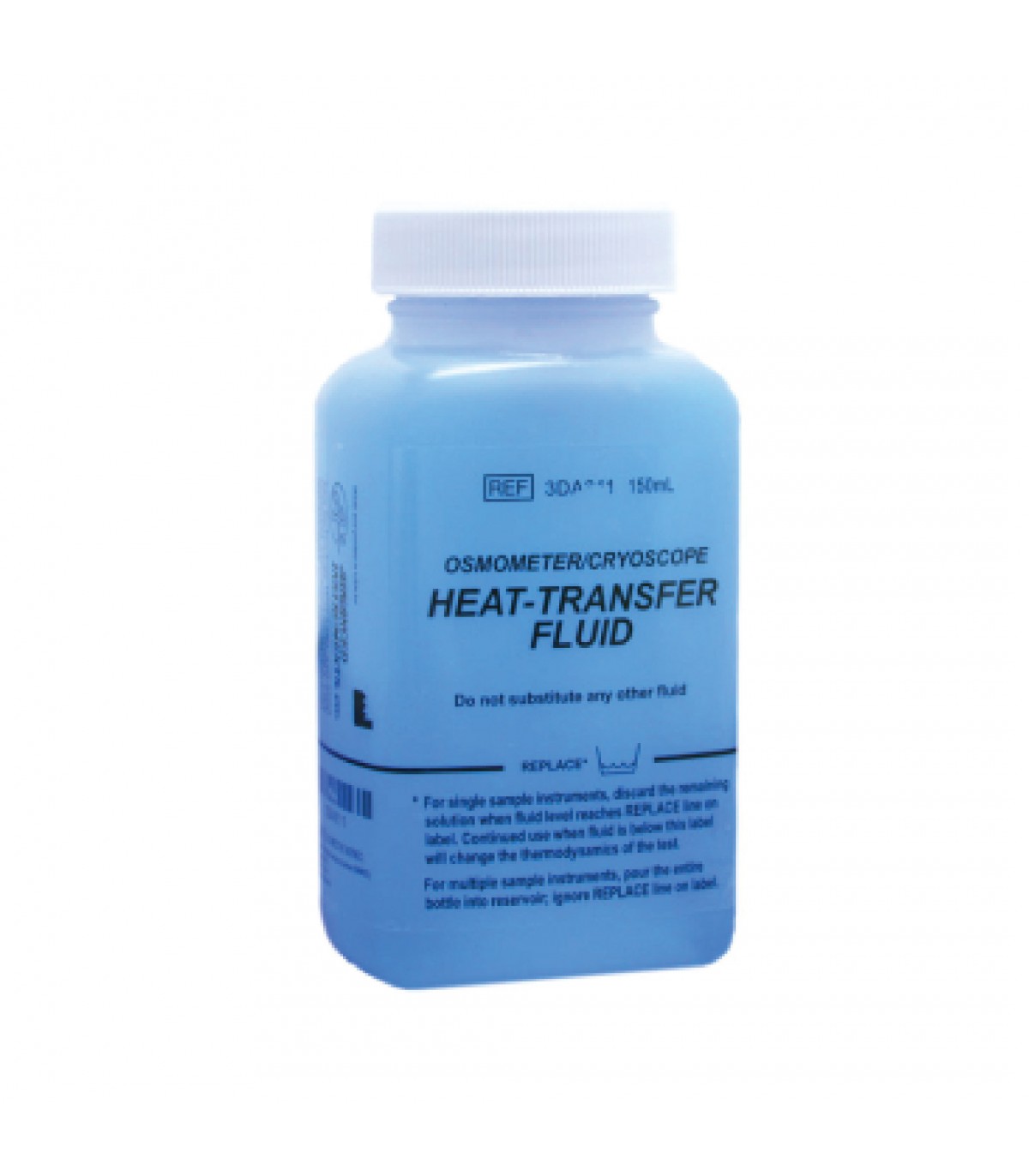Top Considerations for Choosing the Right Heat Transfer Fluid for Your Requirements
Top Considerations for Choosing the Right Heat Transfer Fluid for Your Requirements
Blog Article
Why Warm Transfer Liquid Is Necessary for Optimizing Energy Transfer in Solution
The duty of heat transfer fluids in enhancing power transfer is pivotal for achieving effective thermal administration throughout various industrial markets. These liquids promote seamless warm exchange, ensuring processes operate within ideal temperature level arrays and mitigating the threat of getting too hot. Their option, based upon variables like viscosity and thermal stability, directly influences the efficiency and sustainability of a system. Nevertheless, the ins and outs of picking the appropriate fluid are commonly taken too lightly. What are the critical considerations for this choice, and how do they impact both economic efficiency and ecological duty in industrial applications?

Role in Thermal Administration
Warm transfer fluids play an important function in thermal administration by efficiently regulating temperatures in numerous commercial processes and systems. These specialized fluids help with the transfer of warm between different components, ensuring optimum operating problems and avoiding overheating. By preserving exact temperature control, heat transfer liquids make it possible for markets such as chemical manufacturing, oil and gas, and power generation to operate securely and successfully.
The choice of a suitable heat transfer liquid depends upon a number of variables, consisting of thermal stability, heat ability, and viscosity. High thermal stability makes certain that the fluid can withstand severe temperatures without deteriorating, while a high heat ability allows it to soak up and release significant amounts of heat - heat transfer fluid. Low viscosity lowers the power required for pumping, adding to overall system performance
In addition, warm transfer fluids are indispensable in applications like refrigeration, where they assist absorb and dissipate warm throughout the cooling cycle. In solar thermal energy systems, these liquids capture and transport solar warmth to generate power or supply warm water. Their adaptability to varied operating problems and ability to keep regular thermal performance highlight their importance in commercial thermal management, assisting in operational continuity and boosting precaution.

Enhancing System Effectiveness
To take full advantage of the benefits of thermal management, boosting system effectiveness through the calculated use warmth transfer fluids is extremely important. These fluids play a critical function in optimizing power transfer by facilitating constant thermal regulation, which consequently influences the overall efficiency and durability of systems. Effective heat transfer brings about reduced power losses, reduced operational prices, and improved integrity of equipment. By keeping optimum temperature levels, warm transfer liquids help guarantee that systems operate within their made parameters, thus protecting against overheating and decreasing the danger of part failing.

Kinds Of Warm Transfer Liquids
The diversity of warm transfer fluids underscores their important role in a series of industrial applications, each tailored to meet specific thermal management needs. These liquids promote reliable power transfer and are chosen based upon key residential properties such as thermal security, thickness, and warm capacity. The key kinds include water, glycol services, oils, and synthetics, each offering distinctive advantages.
Water is the most common heat transfer tool because of its high particular heat why not find out more capacity and affordable. Its usage is limited by its cold and boiling factors. Glycol combinations, usually made use of in a/c systems, supply a lower cold point, including adaptability in various environments. Mineral oils are favored for their thermal stability and non-corrosive nature, making them appropriate for high-temperature applications.

Artificial liquids, including silicone and aromatic substances, give exceptional thermal stability and are made use of in settings demanding extreme temperature varieties. These liquids ensure exceptional performance in systems where standard liquids might fail. The selection of a heat transfer liquid is important, as it influences system performance, safety and security, and longevity. Each type must be chosen to align with the operational demands and the certain conditions of the application it serves.
Environmental and Economic Benefits
Utilizing the right warmth transfer liquids provides substantial environmental and financial benefits for industrial operations. By selecting liquids with remarkable thermal security and high warmth ability, markets can improve energy efficiency, leading to lowered gas usage and lower greenhouse gas exhausts. This contributes to a smaller sized carbon footprint and aligns with international sustainability objectives. Eco-friendly warmth transfer liquids, often eco-friendly and non-toxic, minimize the threat of dirt and water contamination in case of leakages or spills, thereby safeguarding communities and complying with rigorous ecological policies.
Financially, the ideal warm transfer fluid can substantially minimize operational costs. Fluids with extended lifecycle performance decrease the frequency of substitutes and upkeep, minimizing downtime and connected costs. Generally, the strategic usage of optimal warm transfer liquids supports sustainable financial development and environmental stewardship.
Picking the Right Liquid
Just how does one navigate the complicated process of picking the ideal heat transfer liquid for industrial applications? Picking the suitable fluid is essential, as it straight influences system performance, security, and functional expenses. Trick considerations consist of thermal stability, compatibility great site with system products, and operating temperature level variety. Thermal security guarantees the liquid can endure high temperature levels without weakening, while compatibility avoids deterioration or various other harmful responses with system components. The operating temperature level array should straighten with the system's requirements to preserve efficiency and longevity - heat transfer fluid.
In addition, the liquid's warmth capability and thickness are paramount. A high heat capability permits the liquid to soak up and move more energy, enhancing effectiveness. Meanwhile, ideal thickness guarantees marginal pump work and reliable warmth transfer, specifically in varying temperature levels. Environmental and safety elements need to also belong to the decision-making procedure. Non-toxic, naturally degradable fluids decrease view website environmental impact and abide by regulatory standards, reducing liability risks.
Verdict
The calculated choice and application of warm transfer fluids are essential to optimizing power transfer throughout numerous systems. By ensuring high thermal security and capacity, these liquids give accurate temperature control and boost general system efficiency. This optimization adds to minimized operational prices and lower greenhouse gas emissions, hence promoting sustainability. The option of fluid, customized to particular thickness and operational demands, is crucial for making the most of performance and accomplishing economic and ecological benefits in commercial processes.
Report this page